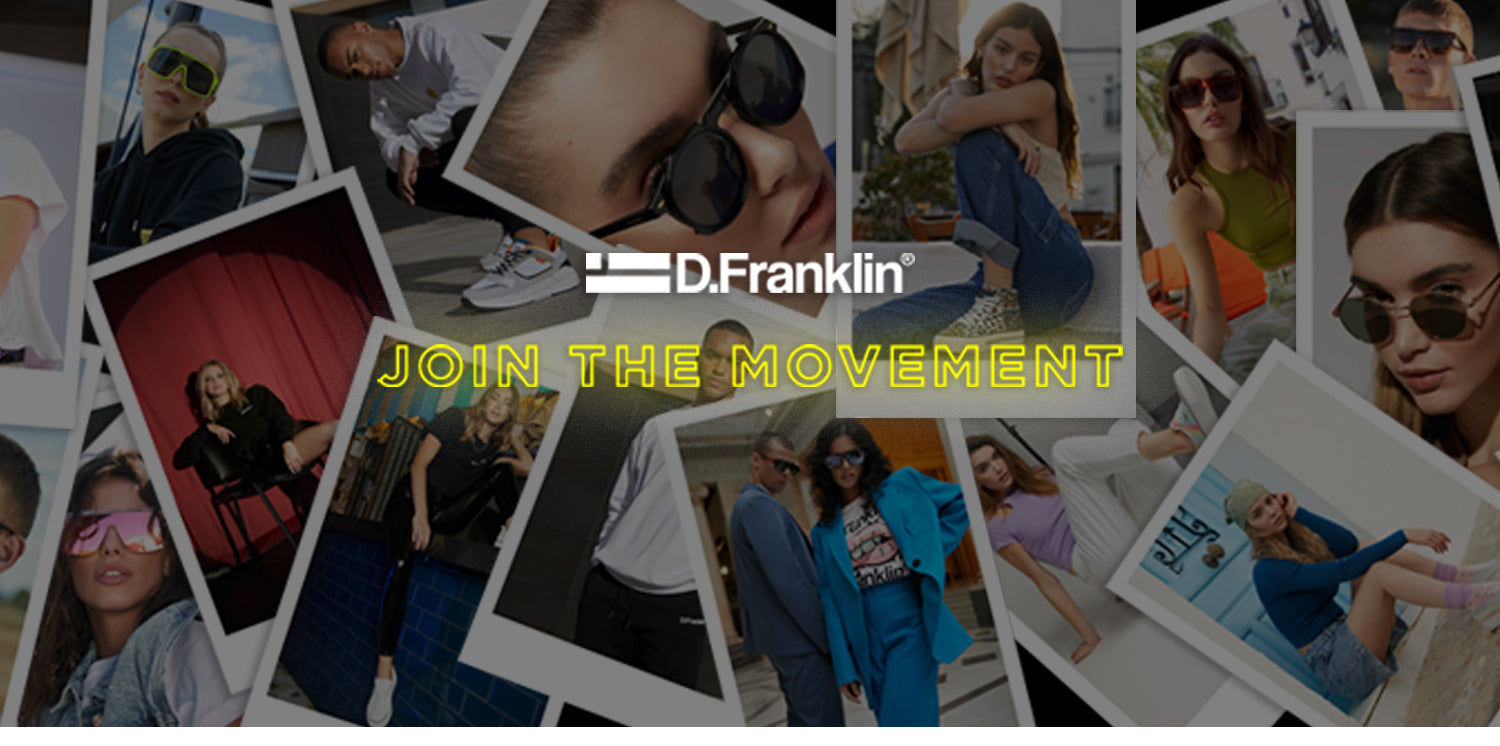How to Know if Sunglasses Are Good
Summer is here and any offer might catch your attention to buy trendy sunglasses.
However, you should know that not all offers provide the right protection against harmful UV rays.
Although they may look the same, darkening your vision, wearing sunglasses without proper UV protection can be more dangerous than it seems.
If you're worried about the price, you should know that good sunglasses don't have to be expensive, but they must meet several key requirements to protect your eye health.
In this article, we’ll explain how to know if sunglasses are good, without complications and step by step.
The Most Important Thing in Sunglasses is UV Protection
The main function of sunglasses is protection from UV rays. If sunglasses don't filter these ultraviolet rays, the pupils dilate and the eyes are exposed to damage.
To know if sunglasses offer the required protection, it's necessary to:
- Look for the “UV400” label: This means that they block 100% of UVA and UVB rays, a standard recommended by experts to protect the eyes.
- Check that it is clearly stated: It should be on the lens, packaging, or product certificate.
- Beware of glasses without information: If they don't indicate anything about UV protection, it’s better not to use them.
Sun radiation damages the retina, and the effect is cumulative, which is why it's important to wear sunglasses with sun protection even on cloudy days and throughout the year.
European Certification is a Guarantee Seal
Sunglasses sold in the European Union must comply with the CE standard (Conformité Européenne), and this symbol indicates that the product has passed strict safety controls.
If they have the CE mark, it means they are certified for legal sale in Europe and offer an acceptable basic level of protection.
The “CE” mark must be visible on the glasses or packaging, it should not be separated by dots, and it should be free from typographical errors, as this is common with some counterfeits.

Your Eyes Notice the Quality of the Lenses
In addition to having labels and marks that guarantee the compliance with international standards, if sunglasses are good, you can feel it in visual comfort.
Low-quality lenses can cause eye fatigue, blurred vision, or even headaches.
To know if sunglasses are good and the lenses have the necessary treatment, you can:
- Look through them and move your head from side to side. If you notice objects distorting or changing colors, the lens is poorly made.
- Check for bubbles, spots, or internal scratches. These defects, though they might seem minor, are signs of poor manufacturing and probably don't meet the protection standards.
- Try looking at a straight line, if the line curves when viewed through the glasses, the lens has optical aberrations that may affect your visual comfort.
Quality lenses offer clear vision, without distortions or annoying reflections.
The Type of Solar Filter in Quality Sunglasses
Sunglasses have filters whose categories regulate the amount of visible light they allow to pass through.
These categories are classified into 5 levels:
- Category 0: Very light, barely reduces light, ideal for aesthetic use or indoors.
- Category 1: Low reduction, useful in soft light or on cloudy days.
- Category 2: Medium reduction, suitable for daily use in urban environments.
- Category 3: High reduction, ideal for the beach, mountains, and driving on sunny days.
- Category 4: Very dark, used primarily in high mountains and snow sports.
Most good sunglasses for daily use are between category 2 and 3, so this information should be clearly indicated by the manufacturer.
Frames and Lenses in Durable Sunglasses
If sunglasses are good, it’s also noticeable by touch; if they are too fragile or uncomfortable to wear, they are probably made of poor quality materials.
Some of the best materials for sunglasses are:
- Frames: Lighter and more durable, like acetate, stainless steel, titanium, and TR90, which also offer flexibility to prevent breakage or impact damage.
- Lenses: Polycarbonate is light and impact-resistant, while glass, although heavier, offers superior optical quality; organic lenses are intermediate and often offer a better price.
Another aspect to determine if sunglasses are good is the hinges, which should open and close smoothly, without squeaking, being too loose, or too stiff, and offer a bit of additional extension when opened.
Polarized Sunglasses Are a Good Option
By eliminating horizontal reflections, like those caused by the sun on water or asphalt, they are an ideal treatment for lenses used when driving.
Since they improve visual comfort and increase contrast, they are also ideal for those who spend a lot of time in aquatic or snowy environments.
Modern Sunglasses Without Risks to Eye Health
There are many options available for sunglasses, but you should ensure you find the ones that combine design, functionality, and protection.
At D.Franklin, all collections are designed to meet European standards and offer a safe and comfortable visual experience with UV400 protection.
Sunglasses can be trendy and protect your eyes at the same time, and now you know exactly how to choose them without complications.




